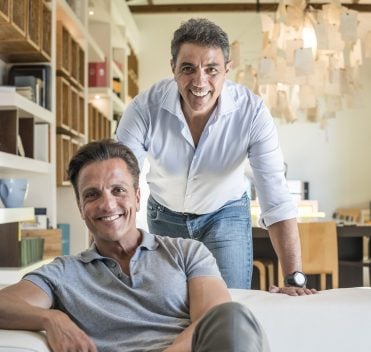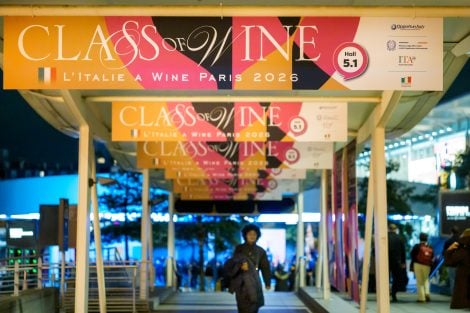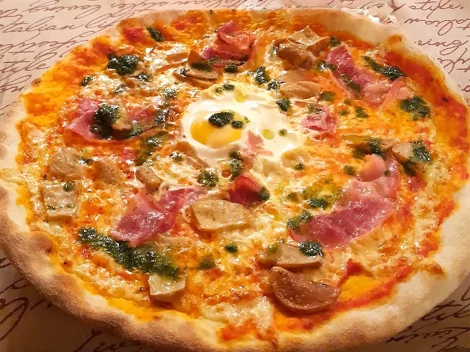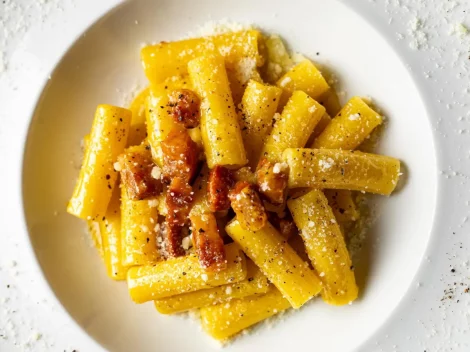While Italy seems ready to sing a requiem for haute cuisine, across the Alps its vigor is being praised with conviction. So says Alain Ducasse, the star-studded chef – with 14 Michelin stars around the world – in an interview with Corriere del Mezzogiorno. The occasion is his recent arrival in Naples, where Monsieur Ducasse is opening a new restaurant at the Romeo hotel, the first in a small collection of five-star luxury venues.
Haute cuisine is everywhere
"Haute cuisine is everywhere," he says. "It is developing all over the country and is more alive than ever," having moved from small independent establishments into large hotels at the end of the 1980s. Not in Italy, one might reply: in the Belpaese, the history of grand hotel restaurants is much more recent. What is certain, however, is that chefs travel more than ever today, and not just chefs. It’s not uncommon to dine at a Ducasse table in London, Macau, Paris, or Qatar. Or in Italy. Where, perhaps due to its proximity, French cuisine has never been well represented. Until now.
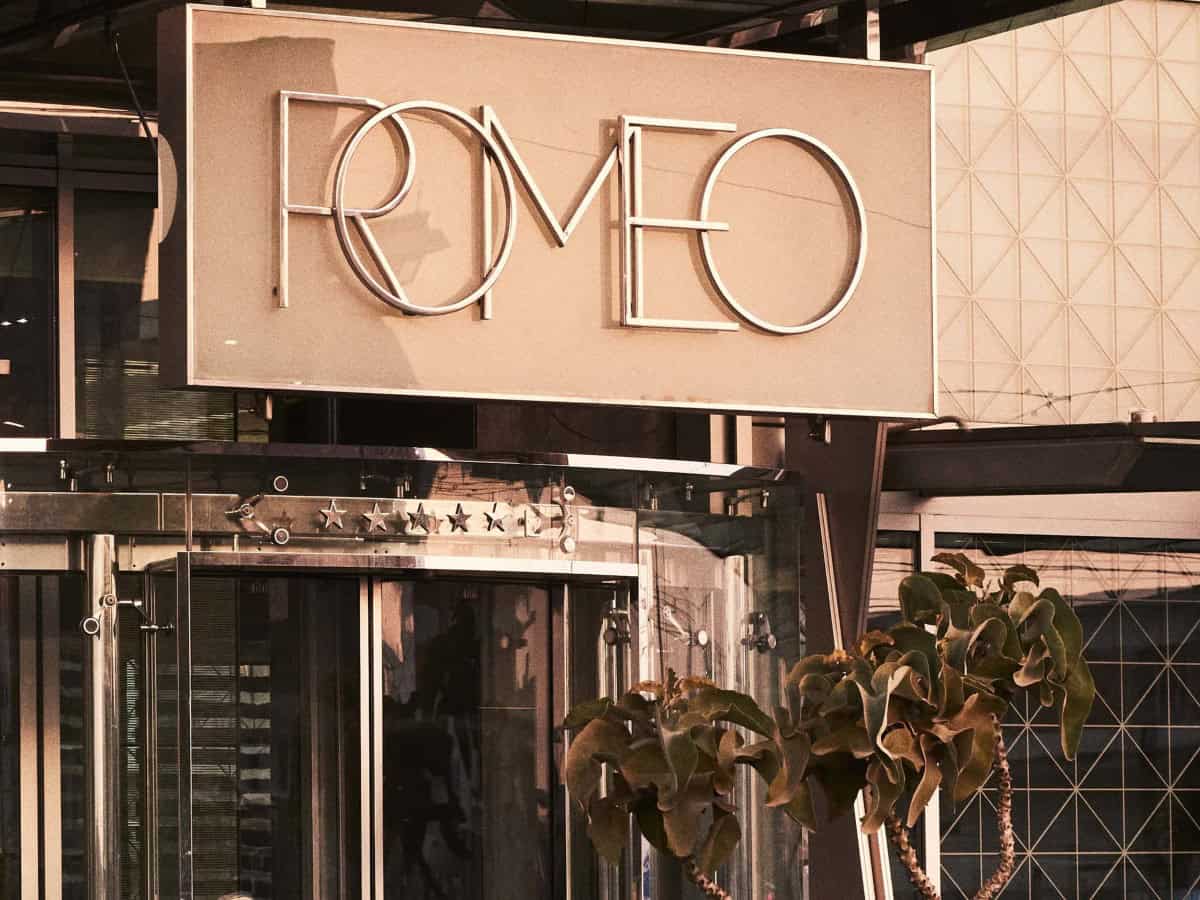
Welcome French cuisine
He says it clearly: while respecting Italian cuisine, which he supported for inclusion in the UNESCO intangible heritage list, he does not intend to adopt our tradition. His offering is contemporary French haute cuisine, an elegant and refined style where juices, broths, jus, and sauces play a central role, in harmony with the great school across the Alps. Completely ignoring the past, however, is not an option: "The chef has a good memory: he always keeps in mind all the know-how of the generations that preceded him," but this does not mean following the same path. Instead, it means preserving the heritage to create something new: the challenge is to immerse in the rich Campanian pantry and write a new chapter. On the Romeo website, Ducasse states: "Each of my restaurants tells its own unique story that expresses the soul of the city it is in," an original narrative starting from the magnificent Campanian pantry (which the chef has come to know well during his many travels in Italy) and using it in a new way, choosing French techniques, as in the case of the John Dory with rock fish broth and agretti, or the veal filet from the central Apennines, forest mushrooms, and caper leaves. Two main courses: to mark the departure from Italian cuisine, there are no first courses except in the tasting menu (5 or 6 courses, 170 or 180 euros); the menu is organized into appetizers, main courses, and desserts.
"Our approach," he says in the interview, "consists of selecting some magnificent Italian products and preparing them using French culinary techniques. Many of these products come from Campania, such as crab or John Dory. In the recipes, juices, broths, and sauces, which are essential components of French cuisine, will be particularly present. Two examples of this blend between French cuisine and local products: the John Dory from our coasts, rock fish broth and agretti, and the veal filet from the central Apennines, forest mushrooms, and caper leaves."
Ducasse's disciples around the world and in Campania
In the kitchen is Alessandro Lucassino, a Tuscan from Follonica who, as Ducasse recalls, has been with him since the beginning of his career, first at the Plaza Athénée on Avenue Montaigne, then leading the Salon des Manufactures, and then at Cucina, his Italian restaurant in Paris. Great kitchens are a melting pot of nationalities and cultures, with many Italians having trained with the French chef over the years, including Gennaro Esposito, now at Torre del Saracino. Lucassino’s task is to bridge France and Italy, bringing Ducasse's cuisine de la naturalité to the heart of the Mediterranean: "I know the richness of the region's products, and when the Romeo Collection group proposed this Neapolitan collaboration to us, we were immediately seduced by the project." And it’s hard not to recall what another monument of French cuisine, Paul Bocuse, said over 30 years ago: "French cuisine will decline when Italian chefs realize the wealth of recipes and products they have instead of forgetting it out of ignorance, xenophilia, or fashion." Little did the chef from Lyon imagine that it might be French chefs using our products.

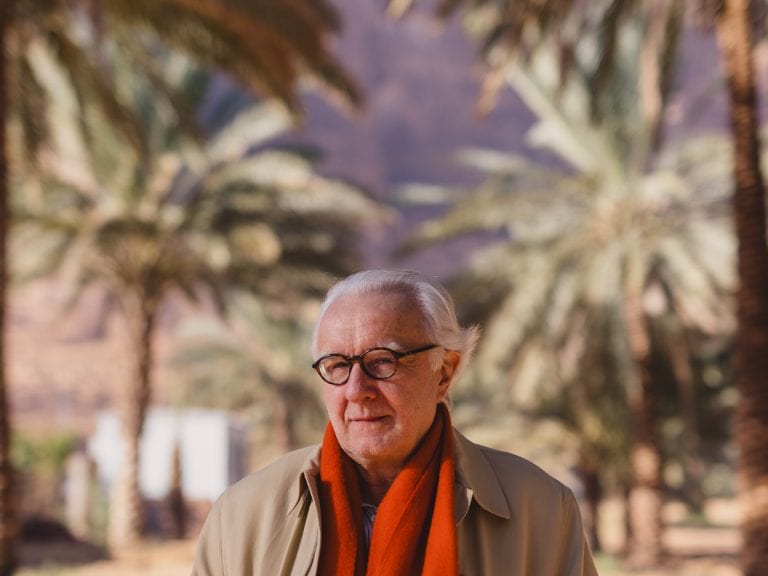
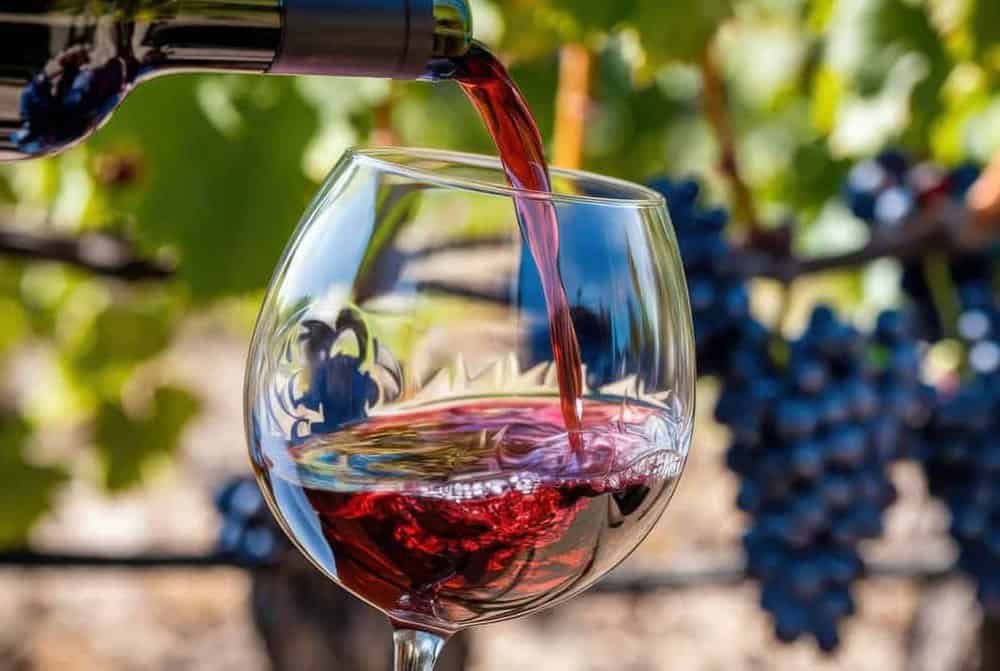 What is Ormeasco?
What is Ormeasco?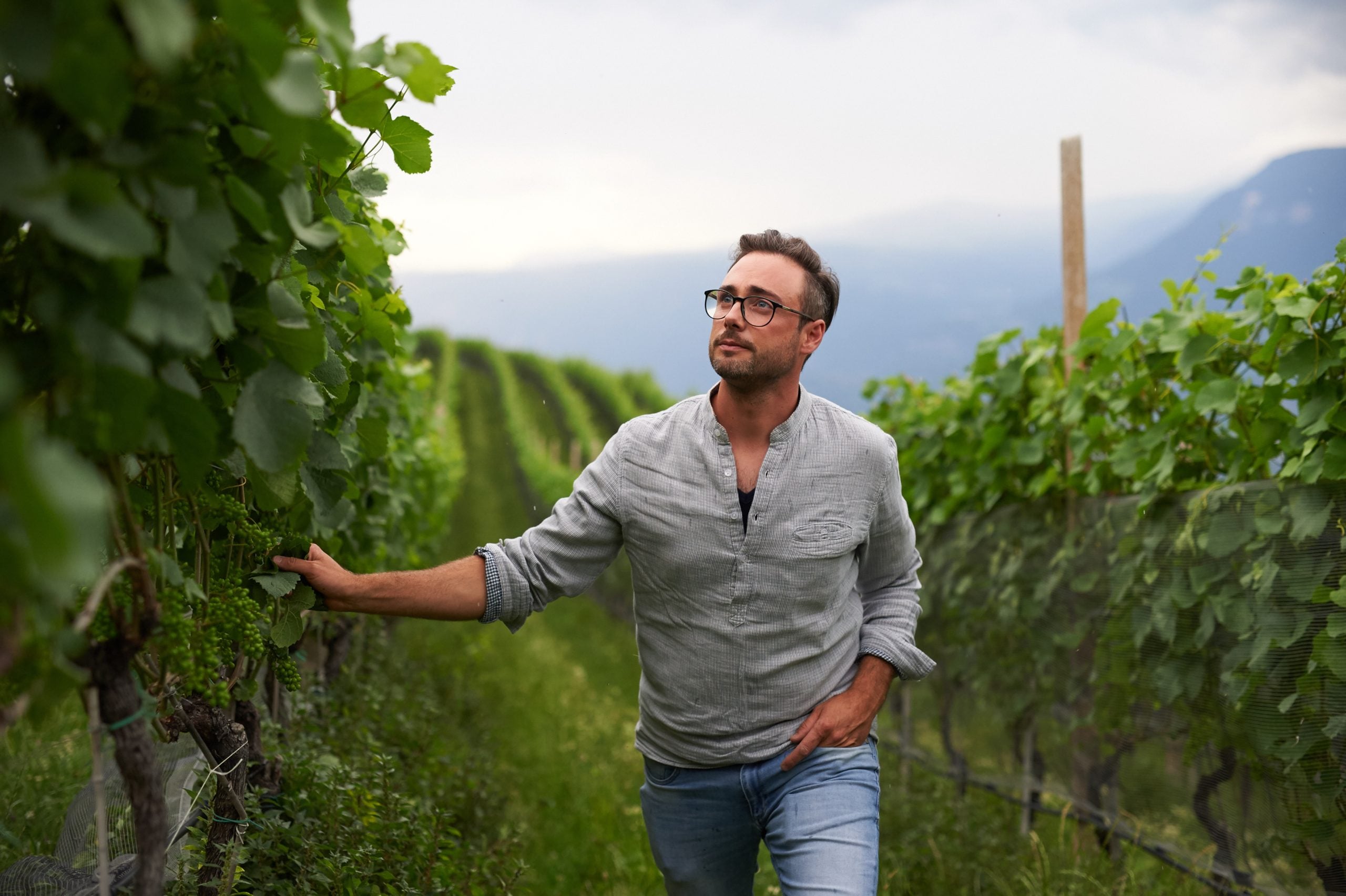 The role mapping played in the creation of one of Alto Adige's best Sauvignon Blancs
The role mapping played in the creation of one of Alto Adige's best Sauvignon Blancs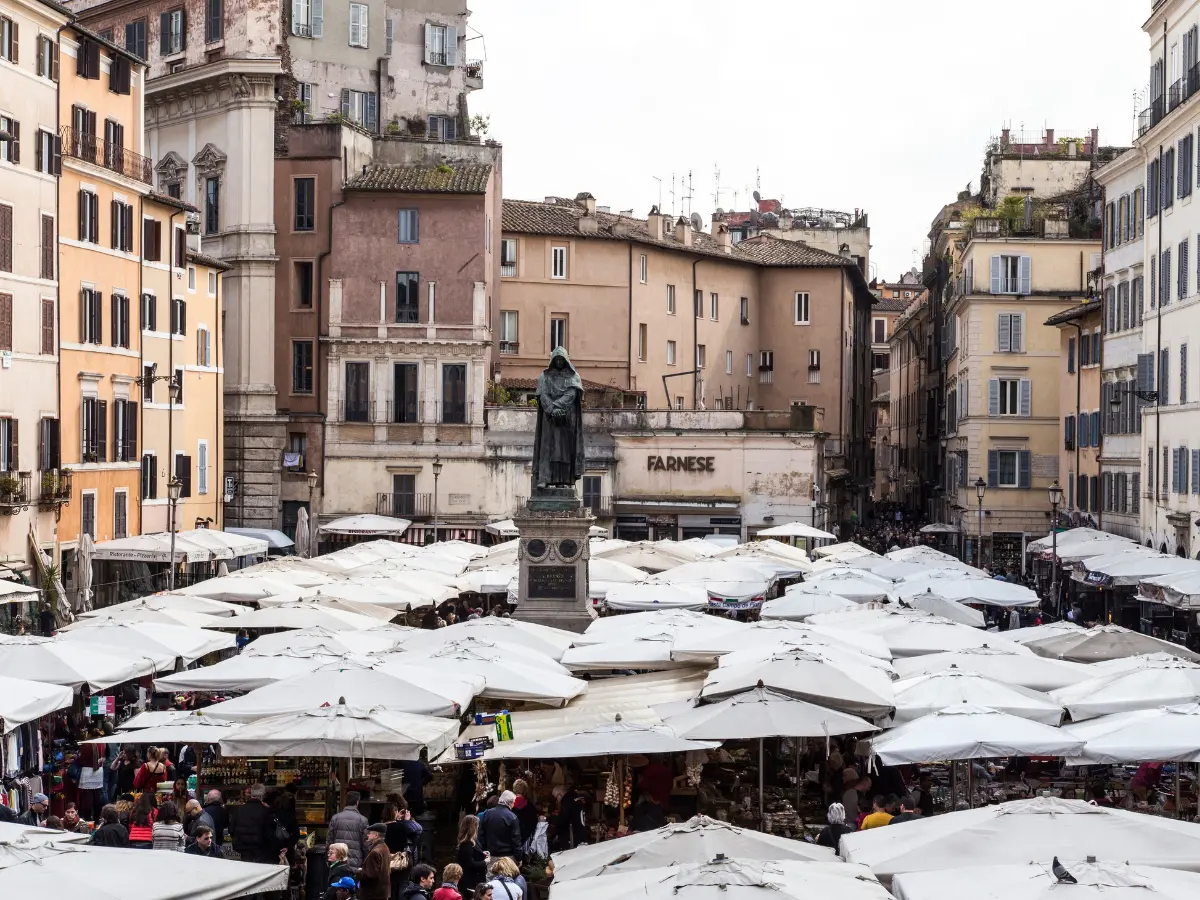 'Campo de’ Fiori is no longer a market': The transformation that no one talks about
'Campo de’ Fiori is no longer a market': The transformation that no one talks about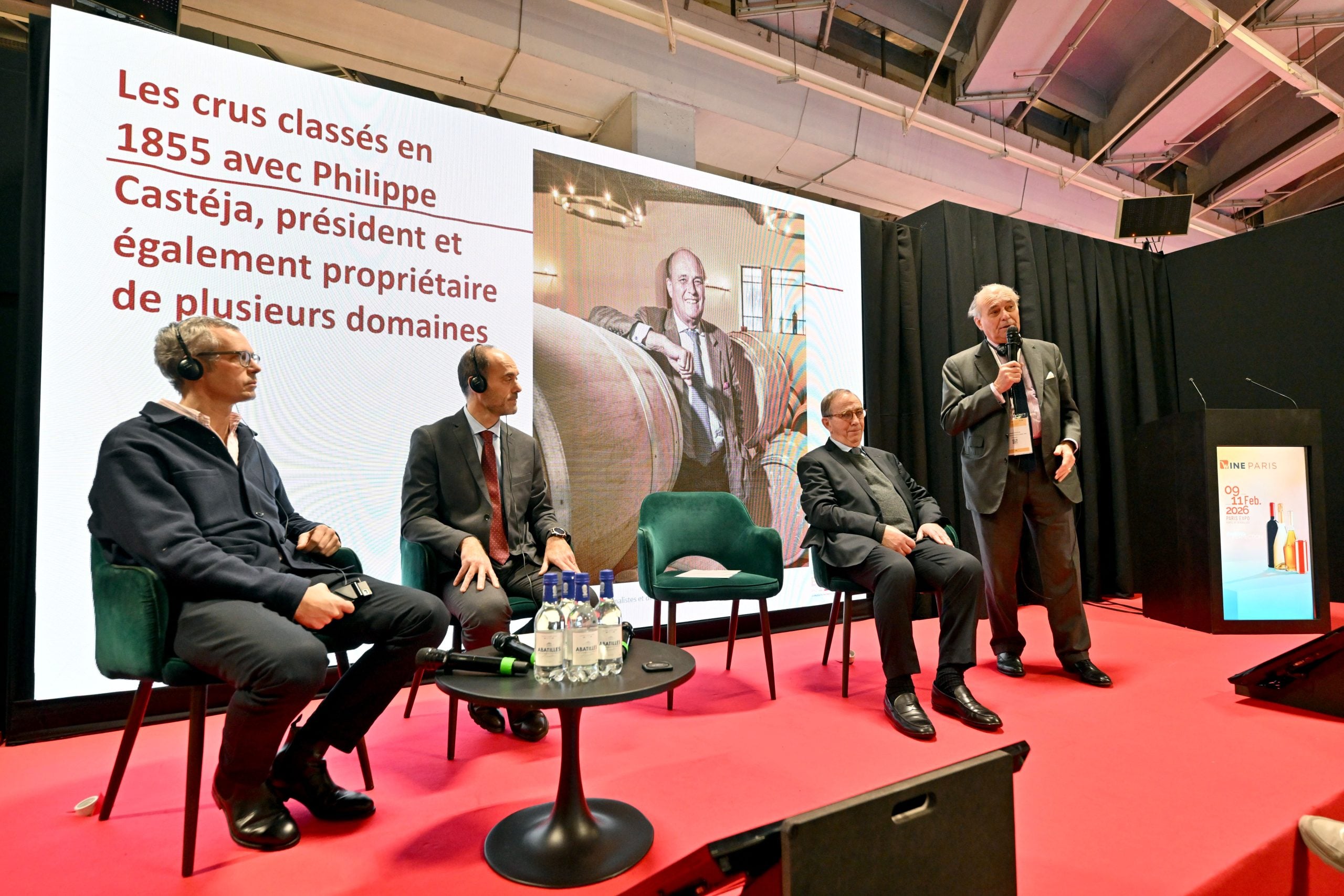 'Excellent products will remain excellent' – but does Old World wine have to adapt to survive?
'Excellent products will remain excellent' – but does Old World wine have to adapt to survive? Why 'the rules are still being written' for non-alcoholic drinks
Why 'the rules are still being written' for non-alcoholic drinks
